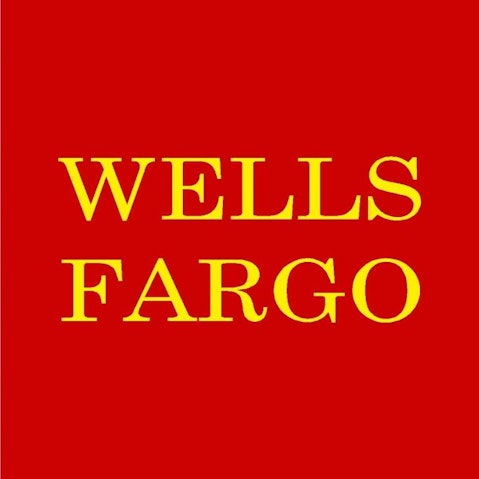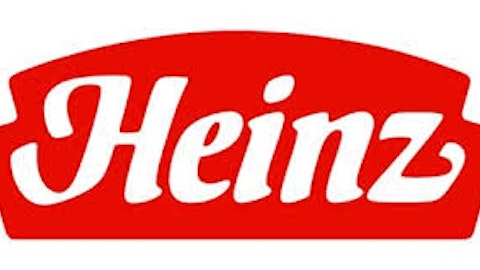It took the near collapse of the economy for Warren Buffett’s Berkshire Hathaway Inc. (NYSE:BRK.A) to get served up extraordinarily generous preferred stock deal solicitations from Goldman Sachs and General Electric. In addition, a mega bank’s need for capital in 2011 brought Buffett $3 billion in a preferred stock/warrants deal with Bank of America.
So what can he pull off in a stock market at 5 year highs, with a 5% junk bond yield, in a tranquil post-election environment, with unprecedented private equity competition seeking anything resembling yield? And with the safety of one of the bluest of blue chips thats been a steady performer since the 1860s: the legendary Heinz Corporation?

To pull this off, Buffett threw in about $4.5 billion in equity teaming up in a deal with the people who will run the new Heinz–3G Capital Management of Brazil. They’re the same folks who partnered in deals for Anheiser Busch and Burger King. 3G will do all of the heavy lifting and run the operations. The total deal is valued at $28 billion and represents about a 20% premium for present shareholders.
So what’s in it for Heinz? What’s the benefit for paying Buffett a whopping 9% per annum for his primarily preferred stock investment? Heinz can invest rapidly in fast growing emerging markets. Heinz chairman William Johnson says that privatizing Heinz will allow it to make decisions quickly. Buffett has seen the benefits of rapid emerging markets expansion with his Coke investment. Now he can help fund investments that may be a drag on near term earnings–but will likely promote superior long term growth.
Most importantly, Berkshire is positioned to make superior bets like this. Berkshire has a mountain of cash–Buffett says he had $47 billion in cash at Berkshire at quarter/year end 2012. Berkshire throws off 10 figures of cash each month –so the pile has gotten even larger since then. Berkshire’s total Heinz investment is just under $13 billion, so there’s probably $35 billion + left in the piggy bank.
Make no mistake: this is a financing deal with an equity kicker. I don’t think the market gets this right off. Even a restructured Heinz is just an “OK” equity investment at 20 times or so earnings. It’ll work in the long term if Heinz’ emerging markets investments pay off–but Buffett would likely not pay that kind of premium for the equity alone.
Berkshire will earn $720 million in preferred share dividends annually. That’s a nice little subsidy for Buffett’s $4.5 billion equity investment.
In the meantime, Buffett learned last week that his $15 billion The Coca-Cola Company (NYSE:KO) investment will return even more cash to Omaha Headquarters. Coke raised its dividend by 10%, raising Berkshire’s Coke dividend income alone to $448 million this year. Not bad, for a $1.3 billion investment. Thats a 34% dividend yield on the original investment. And the trend is likely to continue: Coke has raised its dividend for 51 consecutive years, with payouts for 93 straight years. Buffett started buying Coke in 1988, and he now owns 400 million shares, never selling a single share. He called Coke a “permanent holding” 25 years ago and he’s lived up to his word.




